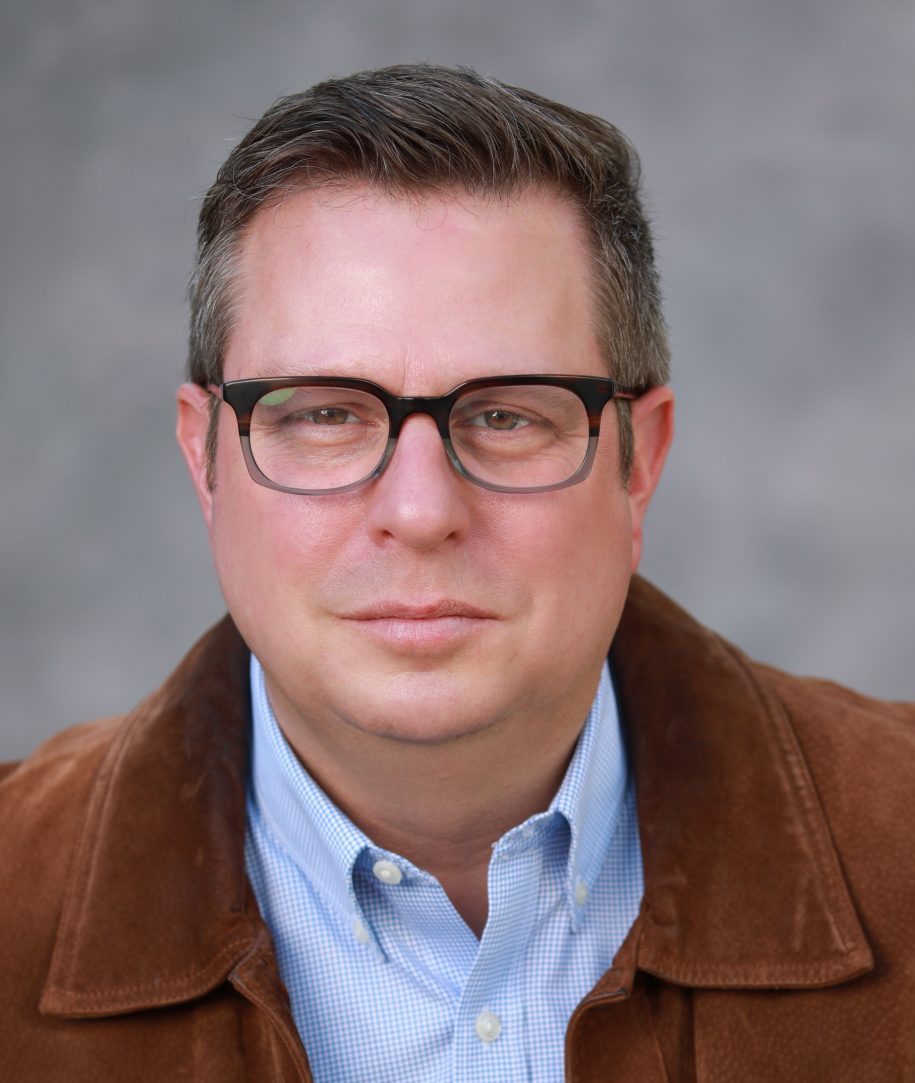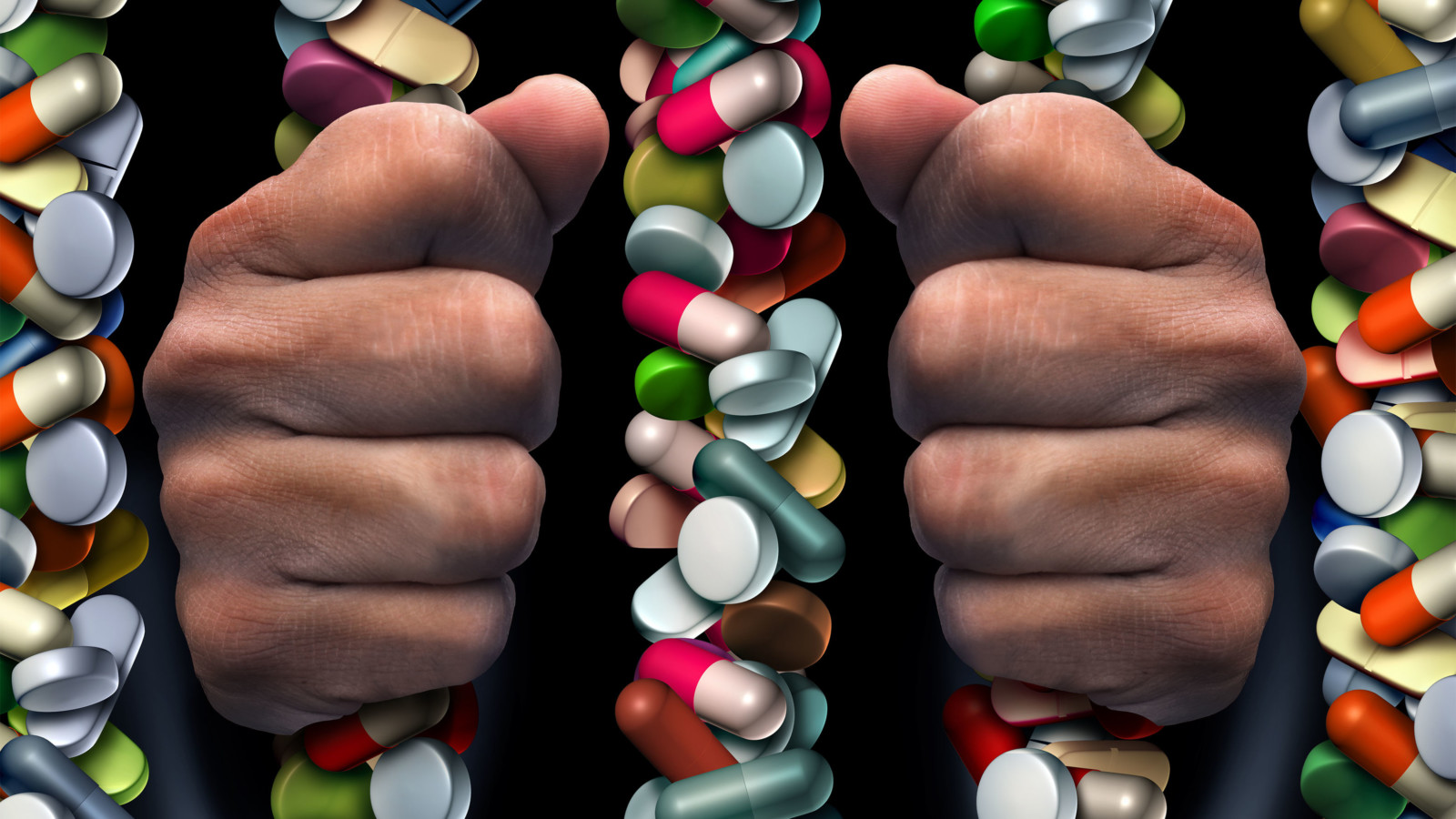It is a uniquely American way of thinking that a pill can fix us. According to Consumer Reports, “The total number of prescriptions filled by all Americans, including adults and children, has increased by 85% over two decades, while the total U.S. population has increased by only 21%” between 1997-2016 and this has only gotten worse over the last 5 years.
According to Harvard research in 2019, “The opioid crisis is not a global phenomenon but a uniquely American one – our residents use an estimated 30 times more opioids than is medically necessary, and we consume 99% of all hydrocodone in the world.” Some people don’t realize that all it takes is one surgery or accident and a pain pill prescription that can lead to years of struggles and a devastating addiction with opioids.
And according to the CDC in December of 2020 , “Over 81,000 drug overdose deaths occurred in the United States in the 12 months ending in May 2020, the highest number of overdose deaths ever recorded in a 12-month period.”
The COVID-19 pandemic has also led to an increased amount of alcohol consumption as people are leaning towards drinking to handle stress and the new uncertainties in life, such as losing a job, or even losing a loved one from the disease.
There are four main drugs (Buprenorphine, Naloxone, Naltrexone and Methadone), used for opioid use disorder through MAT (medically assisted treatment) and three primarily used for alcohol use disorder (Acamprosate, Disulfiram and Naltrexone). These prescriptions are considered the “gold standard” by the NIH for treating opioid and alcohol addiction. However, due to many research studies showing high MAT non-compliance rates, relapse rates after cessation of treatment, misuse and abuse, and much less efficacy for people with poly-substance use opioid and methamphetamine addiction, we can tell that long-term use of MAT alone (even with counseling) does not produce the best outcomes for those seeking long-term and eventually abstinence based recovery.
Understandably, there has also consequently been a passionate and escalating public outcry by family and friends who have lost loved ones to opioid overdoses and alcohol related deaths for more access to MAT, education, and less stigma, so others don’t have to go through the grief that they are left to endure.
Nationally recognized interventionist Earl Hightower said in remarks at the 2014 National Rx Drug Abuse Summit on Medication Assisted Treatment for Opiate Addiction, “Hear me clearly, addiction has major neurological aspects, which for some people may be chronic or lifelong in duration. The more severe the brain dysfunction and the more protracted the course of recovery, the more likely it is the individual will need medications to achieve sustained sobriety. I’m not against MAT… In fact, probably the best course of treatment for an opioid dependent person is to use medications, including buprenorphine to detox the individual and once fully detoxed, place them on Vivitrol, the long-acting, injectable naltrexone. Once stable, immerse them in a year or more of intensive psychosocial counseling, trauma and other mental health therapy, 12-step work, and close monitoring.”
I wholeheartedly agree and it is my experience working with those seeking recovery over the last 33 years, that a holistic approach to recovery over a year plus period of time incorporating the elements that Hightower mentions above provides the best long-term outcomes, eventually through abstinence based recovery.
It would be revolutionary if taking a pill could cure opioid or alcohol addiction, but that just isn’t the case. As it says in the AA Big Book (the origin of all 12-step groups), “physicians who are familiar with alcoholism agree there is no such thing as making a normal drinker out of an alcoholic. Science may one day accomplish this, but it hasn’t done so yet.” There also tends to be a stigma associated with the 12-step approach, but the Surgeon General said in his national report on addiction that “well supported scientific evidence demonstrates the effectiveness of 12-step mutual aid groups focused on alcohol and 12-step facilitation interventions.”
And even with the tremendous scientific and pharmaceutical advancements that have been made in the last 70+ years since the book Alcoholics Anonymous was written, this remains true today for both alcoholism and opioid addiction.
It is my experience with mentoring those seeking long-term recovery from substance use disorders, will either seek relief in their recovery or in their active addiction. Regardless of your life experiences, if you struggle with substance addiction, initially you will discover that your active addiction provides a powerful short-term fix for long-term existential maladies like self-loathing, apathy, broken relationships, lack of motivation, and isolation. It is vital to build a foundation and find relief in your recovery that incorporates an equally powerful connection to your sober support group and deep sense of community.
To quote Newton’s third law of physics: If object A exerts a force on object B, then object B must exert a force of equal magnitude and opposite direction back on object A. If, as someone seeking a long-term recovery solution from your substance addiction, you aren’t willing to put as much effort into your recovery as you did to pursue your active addiction, you will not find lasting recovery.


